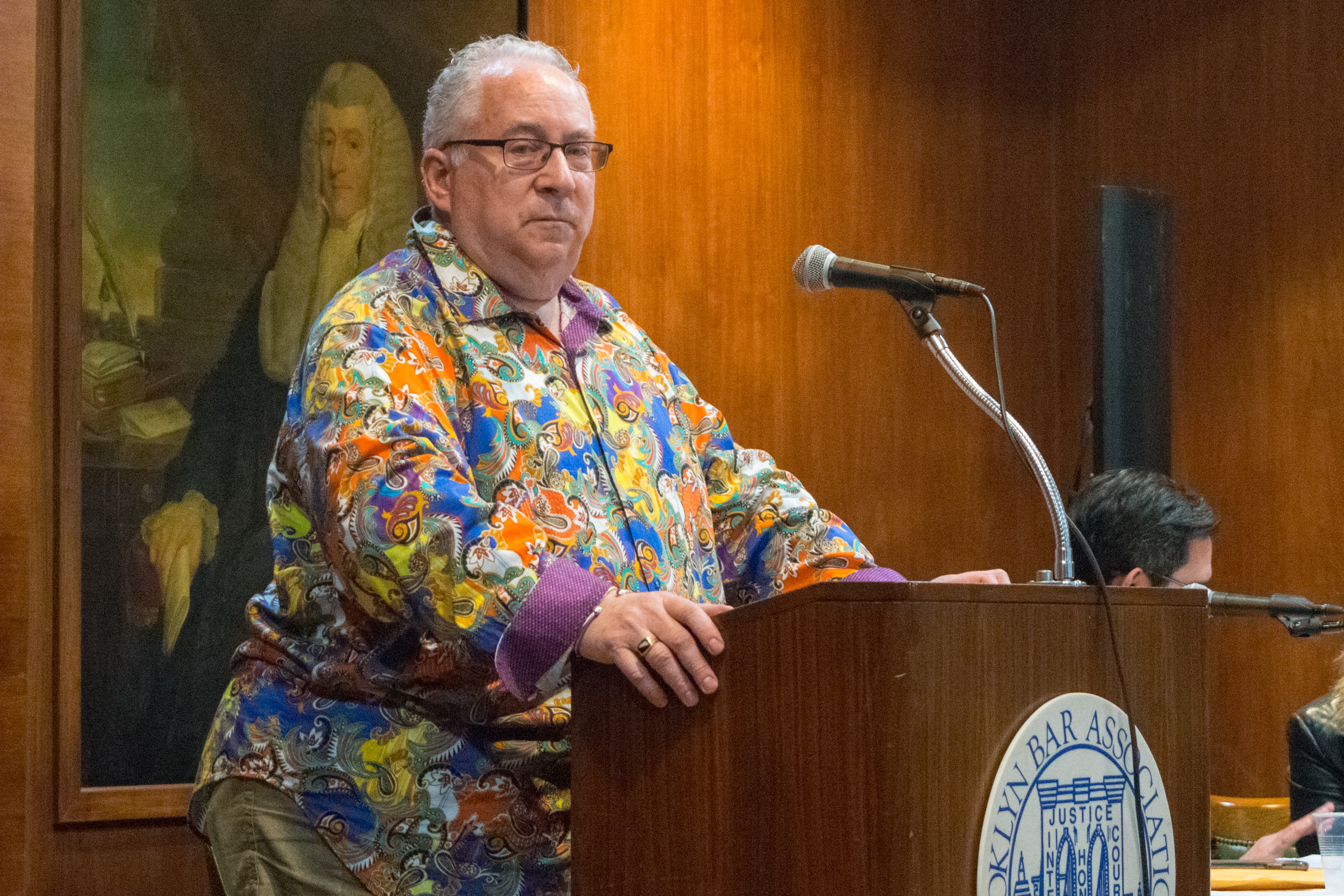Housing Court Bar Association keeping lawyers up to date in an understaffed courthouse


BROOKLYN — The new supervising judge of the Kings County Housing Court Kevin McClanahan has been keeping himself busy introducing himself to the various members of the legal community and trying to keep lawyers and judges on the same page since he took over the position in January.
It’s not an easy task and anybody who has attended meetings with Judge McClanahan, or with either of his past two predecessors, knows that issues in the Housing Court have been consistently made worse by a shortage of staff.
Still, Judge McClanahan hasn’t let that slow him down as he continues to meet with attorneys anywhere he can when he met with members of the Kings County Housing Court Bar Association meeting on Zoom on Monday morning.

Brooklyn Boro
View MoreNew York City’s most populous borough, Brooklyn, is home to nearly 2.6 million residents. If Brooklyn were an independent city it would be the fourth largest city in the United States. While Brooklyn has become the epitome of ‘cool and hip’ in recent years, for those that were born here, raised families here and improved communities over the years, Brooklyn has never been ‘uncool’.